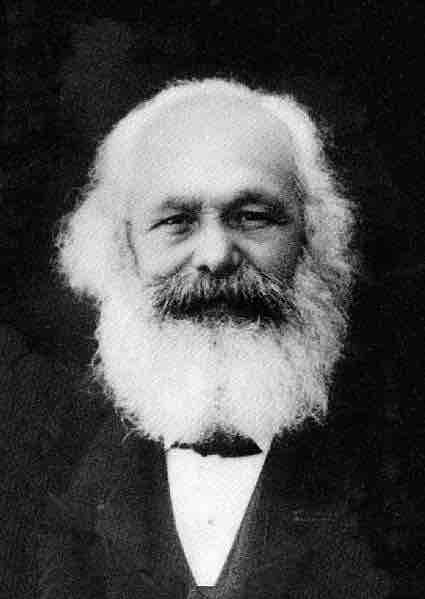The Sociological Imagination
Early sociological theorists, like Marx , Weber, and Durkheim, were concerned with the phenomena they believed to be driving social change in their time. Naturally, in pursuing answers to these large questions, they received intellectual stimulation. These founders of sociology were some of the earliest individuals to employ what C. Wright Mills (a prominent mid-20th century American sociologist) would later call the sociological imagination: the ability to situate personal troubles and life trajectories within an informed framework of larger social processes. The term sociological imagination describes the type of insight offered by the discipline of sociology. While scholars have quarreled over interpretations of the phrase, it is also sometimes used to emphasize sociology's relevance in daily life.
Émile Durkheim
Durkheim formally established the academic discipline and, with Karl Marx and Max Weber, is commonly cited as the principal architect of modern social science and father of sociology.

Karl Marx
Karl Marx, another one of the founders of sociology, used his sociological imagination to understand and critique industrial society.
C. Wright Mills
In describing the sociological imagination, Mills asserted the following. "What people need... is a quality of mind that will help them to use information and to develop reason in order to achieve lucid summations of what is going on in the world and of what may be happening within themselves. The sociological imagination enables its possessor to understand the larger historical scene in terms of its meaning for the inner life and the external career of a variety of individuals. " Mills believed in the power of the sociological imagination to connect "personal troubles to public issues. "
As Mills saw it, the sociological imagination helped individuals cope with the social world by enabling them to step outside their own, personal, self-centered view of the world. By employing the sociological imagination, individual people are forced to perceive, from an objective position, events and social structures that influence behavior, attitudes, and culture.
In the decades after Mills, other scholars have employed the term to describe the sociological approach in a more general way. Another way of defining the sociological imagination is the understanding that social outcomes are shaped by social context, actors, and actions.